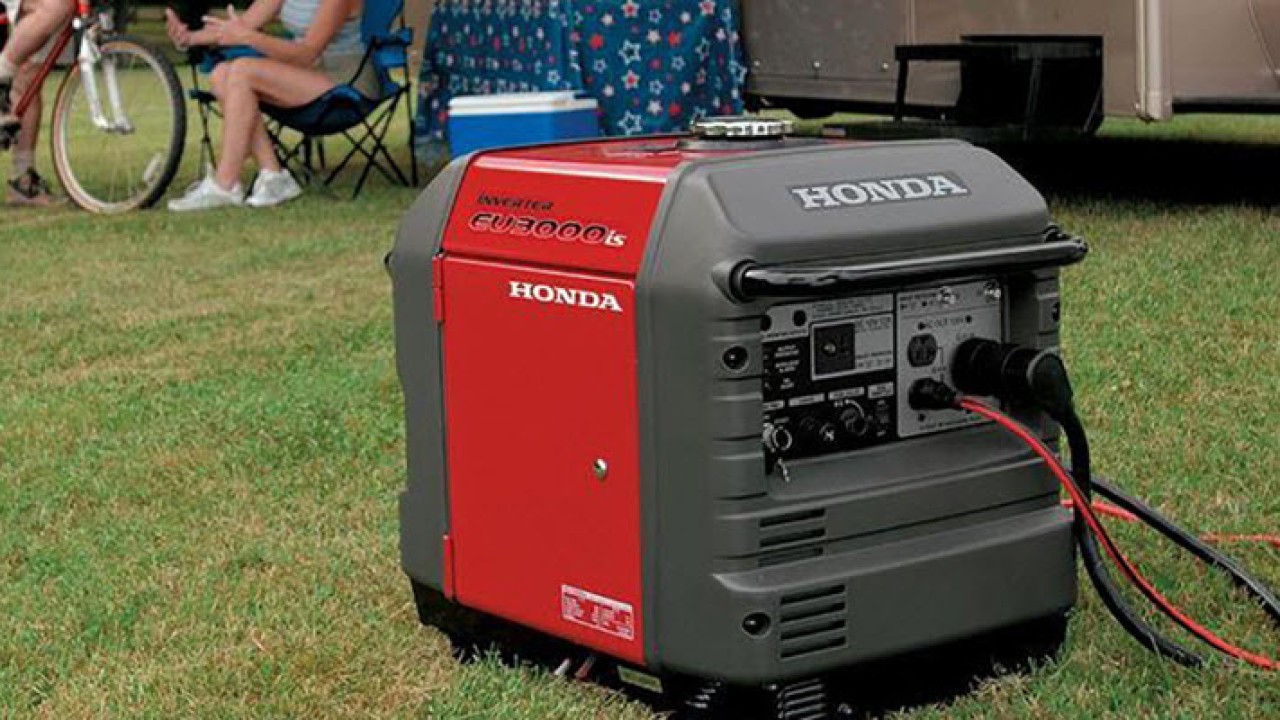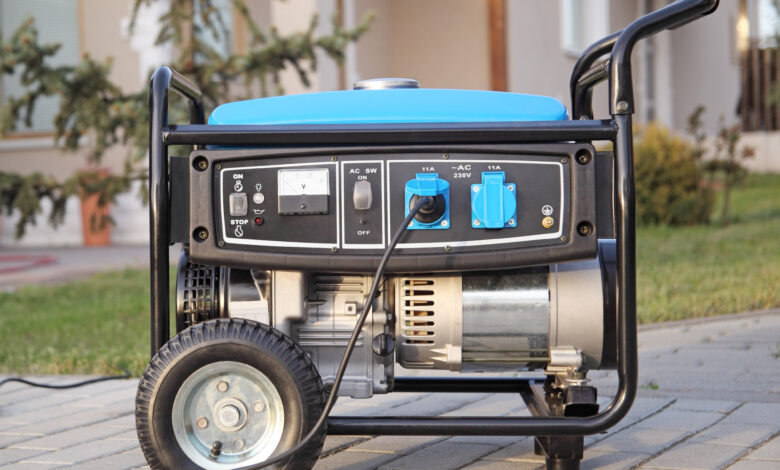Generators provide a convenient way to power homes, businesses, and recreational activities. But they can also pose serious safety risks when not operated properly. To ensure generator safety, taking certain precautions before using a generator is important. Here are seven essential source precaution steps to take when operating a generator.
1. Check Your Generator Regularly
Before using your generator, inspect it regularly for any mechanical or electrical issues that could become hazardous while in use. This includes checking the fuel lines, exhaust system, ventilation system, wiring connections, etc. You should also test any extension cords you plan to use with the device to ensure they are working correctly and not damaged in any way.

2. Read Manufacturer Instructions Carefully
It’s important to read all manufacturer instructions carefully before operating your generator for the first time. Ensure you understand how the controls work and what fuel the device requires. Additionally, be aware of how many watts each outlet can handle so as not to overload your generator, which could lead to injury or damage of property from sparks or fires.
3. Never Use Indoors or Enclosed Areas
Never attempt to operate your generator in an enclosed area such as a basement, garage, shed or other small structures where fumes may build up quickly and cause carbon monoxide (CO) poisoning if inhaled directly into your lungs. Always place generators at least 20 feet away from any windows or doors so fumes do not enter the home through these openings while running..
4. Wear Appropriate Clothing When Operating Generators
When operating a generator outdoors, always wear protective clothing such as long trousers, long-sleeved shirts and gloves to protect yourself from accidental spillage of hot engine oil on your skin, which can cause severe burns if not treated immediately after contact with the skin.
5. Keep children away from generators
Ensure that children are kept away from generators at all times, whether they are running or switched off, due to the potential danger of moving parts, which could trap small fingers if touched by curious hands! In addition, teach them about the dangers of CO poisoning associated with improper use of generators indoors, which can occur for prolonged periods without proper ventilation in an enclosed space.
6. Store fuel properly & secure power cables outdoors
Always store fuel safely outdoors only in approved containers, away from open flames or heat sources that can produce vapors that can cause an explosion if directly exposed to high temperatures. In addition, secure power cords outdoors with cable ties/straps to prevent tripping hazards caused by loose cords lying in people’s pathways leading to entrances/exits near generators being used nearby.
7. Switch off when not in use & do not overload sockets
Finally, it’s important to switch off your generator when you’re finished using it – this will help prevent overheating problems that can occur due to outlets being overloaded beyond their capacity thus causing significant damage to both physical property damage as well as emotional distress due to injuries sustained due to accidents resulting from improper usages of generators!

Following these key precautions will help ensure the safe operation of your generator every time you use it; protecting both you and those around you from harm! So remember to practice responsible habits when handling equipment like this in order to avoid major disasters happening further down the line that no one would ever want to experience again in their lives!





